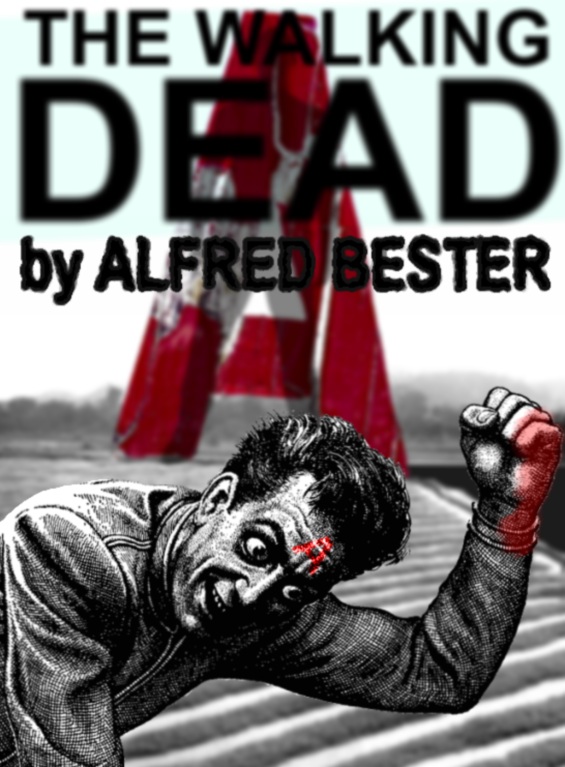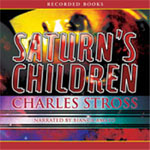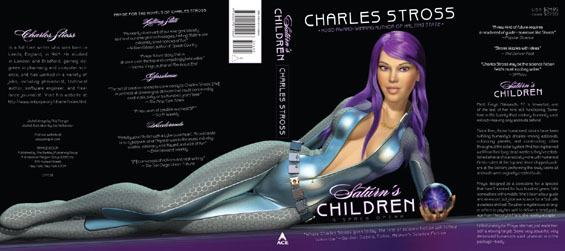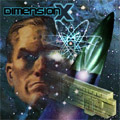
Fondly Fahrenheit is Alfred Bester’s superlative achievement in short Science Fiction. Apparently the story was based an account of an U.S. Antebellum Era slave owner who refused to surrender his murderous chattel because the man was just too valuable. In Fondly Fahrenheit Bester makes brilliant use of the psychological concept of transference, literally smacks you in the forehead with an allusion to Nathaniel Hawthorne’s The Scarlet Letter and employs POV shifts that effortlessly blow your consciousness right out of your mind (and into someone else’s)!
The story was adapted as a telepay in 1959 under the title Murder And The Android, an episode of NBC’s Sunday Showcase. But the version I want to tell you about is one that I hadn’t realized existed, until just a few days ago! Bester had again adapted his story, and again changed it’s name! Here is Alfred Bester’s own radio drama adaptation of Fondly Fahrenheit, from 1976 He called it The Walking Dead!
 CBS Radio Mystery Theater #0484 – The Walking Dead
CBS Radio Mystery Theater #0484 – The Walking Dead
Adapted by Alfred Bester; Performed by a full cast
1 |MP3| – Approx. 44 Minutes [UNABRIDGED]
Broadcaster: CBS
Broadcast: May 20, 1976
Provider: CBSRMT.com
Cast:
Jack Grimes
Paul Hecht
Gilbert Mack
Rosemary Rice
Joan Shay
Check out the art I cobbled together for it, thanks in part to Brain Plucker’s new “Lost Art” feature (Virgil Finlay!):

Posted by Jesse Willis







